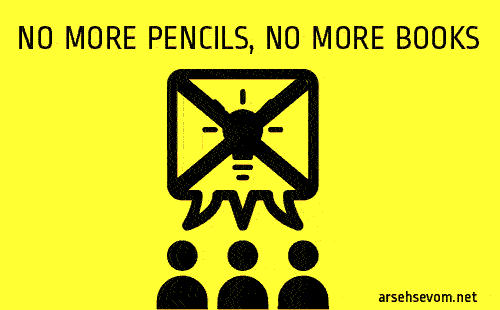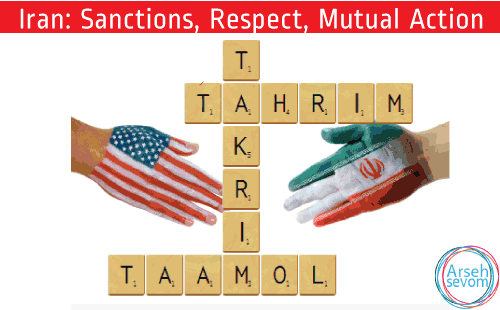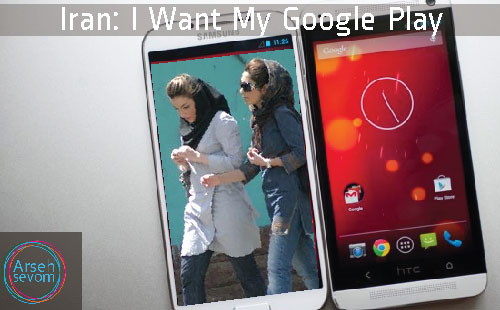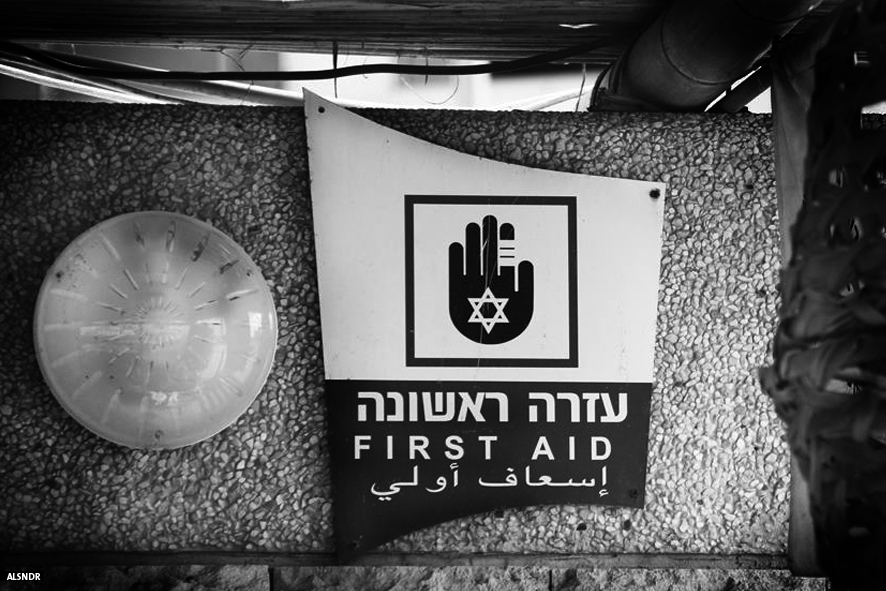
Iran: Reflections on Gaza and Israel
November 22, 2012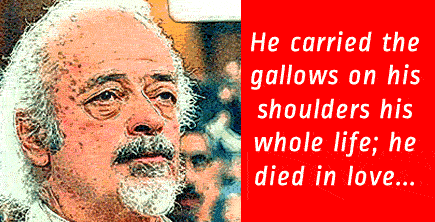
Letter from Maleki: Doubt Not, Tomorrow is Your Turn
December 5, 2012The Evil from Within
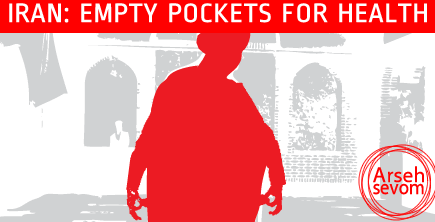
Arseh Sevom–There is no doubt about the immediate results of unprecedented sanctions on the lives of millions of patients in Iran. There is not a single day when we do not hear a new story about medicine shortages in Iran and how it adversely affects Iranians, especially those requiring uninterrupted medication.
Over the past three weeks though, local media in Iran have highlighted allegations of mismanagement and mishandling of imports by the government, This has contributed to the drug crisis and revealed corruption and incompetence at the highest levels. Hossein Ali Shahriari, the head of Parliament’s Health Committee, stated [fa],
“The government has paid no attention to the domain of health and medicine.”
He added that there has been “virtually no currency” for the budget and the import of medicines over the last six months.
The minister of health also criticized the budget allocation, saying:
“We don’t know what happened to the hard currency allocated to the purchase of medicine.”
According to her, only 24% of the required budget for the purchase of medicine has been provided by the Central Bank.
The parliament’s health committee discussed a motion for impeachment of the health minister, which motivated some to start looking into the other side of the story. In the post Suffering by Design on the blog Uskowi on Iran [en] the author commented:
“As a healthcare professional I thought it would be interesting to dig a little deeper and see what, if any, steps were taken by the regime to alleviate this ‘medicine shortage’ problem, or is it simply aggravating the problem in the hope of using the resulting human suffering as a tool to fight the sanctions in general.”
On Zamaneh Tribune, the author of the post Medical Sanctions or Playing Innocent [fa] writes:
“ًWhat should alert us is The Islamic Republic’s selfish use of ‘sanctions’ in sacrificing its citizens at the cost of staying in power. Embargos on the import of medicine means playing with the lives of citizen whose lives depend on medical care.”
Mr. Hosseini from Qasr-e-Shirin in Kermanshah has also voiced his concerns over the shortage of medicine in his city on his blog [fa]. He criticizes the government for its claim that 95% of required medicines are produced domestically and wonders how many of those locally produced medicines are certified according to the international standards. He adds:
“Nonetheless, required currency for medicine and emergency items must be sufficiently provided [by the government] and necessary controls over its expenditure must be in place. This is to avoid wasting the little remaining currency in the shaky market by middlemen, instead of buying medicine.”
In his blog post on Challenges to People’s Health [fa], Ahmad talks about patients suffering from hemophilia and reflects that part of their sufferings is due to the shortage of medicine. He says:
“The reason for the Central Bank’s procrastination in allocating currency to the health sector and its indifference to the current crisis is unknown.”
Ahmad gives details of the government’s budget allocations to the health sector and claims that the government has not kept its promises. He concludes:
“Problems as those in the health and medical care sectors provide practical evidence of the government’s lack of attention to health. The government’s persistant behavior in allocating required budgets will risk the lives of thousands of patients; a fact that Ministry of Health is trying to hide…but telling the truth and making the authorities hear them is better than risking the lives of thousands like the 15-year old hemophilic teen.”

Amid all this criticism over sanctions and the government policies leading to a shortage of medicine, a group of Iranian students and human rights activists in Germany and Switzerland established a non-profit NGO to provide a bridge between European drug suppliers and patients in Iran. Helping Hand for Iran aims at providing patients with rare medications in the shortest amount of time.
UPDATE: This post has been updated to remove the photo of Manouchehr Eslami who was said to have died due to a lack of medication. This turned out to be a lie. Hugh Tomlinson reports that the boy had lost too much blood by the time he reached the hospital to be saved.


